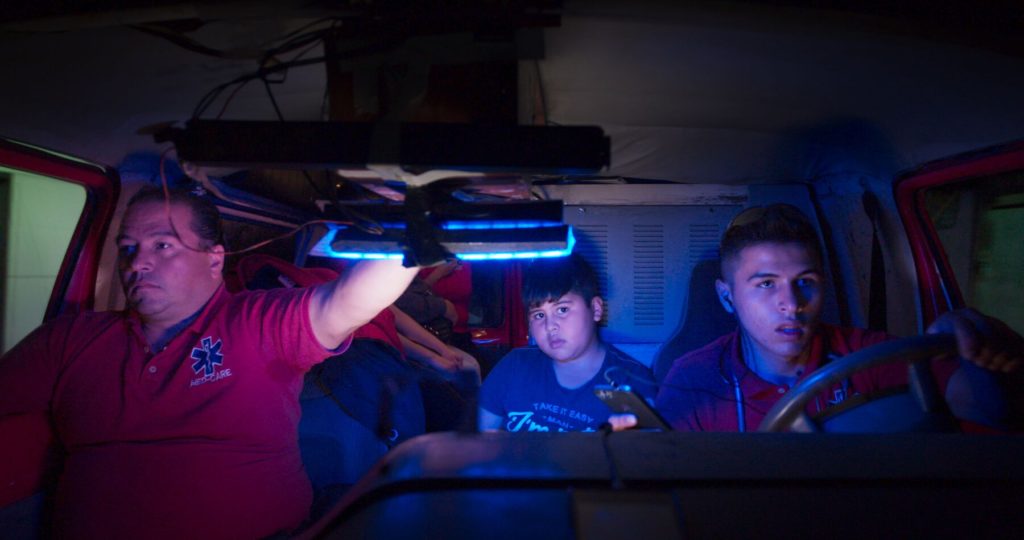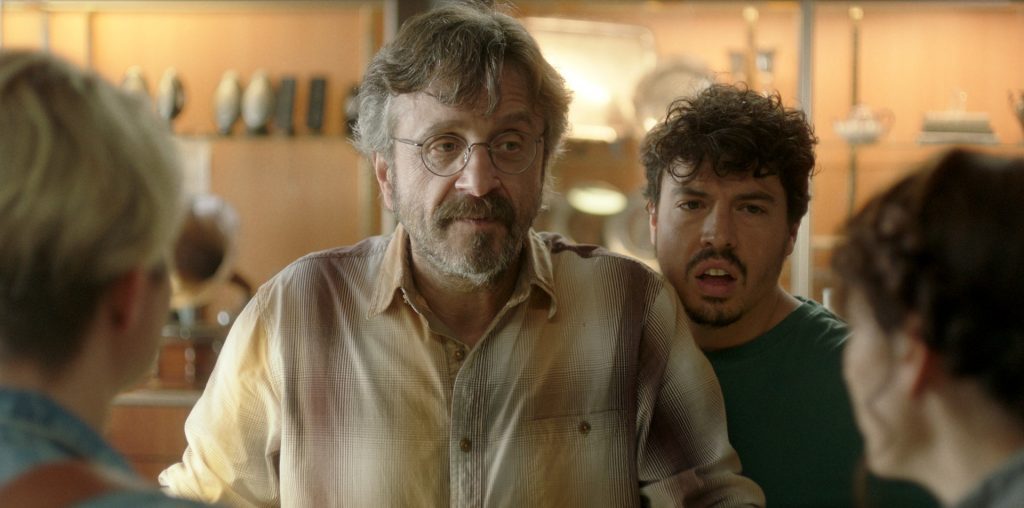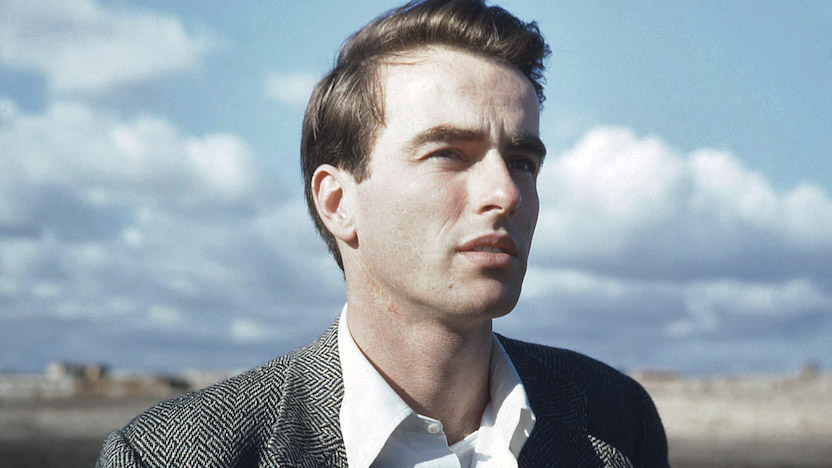
I posted my traditional Top Ten list – Best Movies of 2019. Now here are some gems that you probably haven’t heard of.
- Midnight Family. This gripping documentary takes us on ridealongs with an all-night ambulance crew in Mexico City. It’s even wilder than you may expect. Midnight Family is just finishing a brief theatrical release, and I expect it will be available to stream soon.
- Light from Light. Three portraits of personal awakening are ingeniously embedded into what looks like a familiar haunted house movie. I’ll let you know when it’s streamable.
- Sword of Trust. This is a wickedly funny comedy with an emotionally powerful personal story underneath it all. Great performances by Marc Maron and the film’s director Lynn Shelton. You can buy, but not yet rent, Sword of Trust. I’ll let you know when it’s available.
- Auggie. In this superb indie, augmented reality glasses fulfill every need and insidiously trigger even more inner desires. Stream from Amazon, iTunes and Vudu.
- The Sound of Silence. Peter Sarsgaard stars in this novel and engrossing character study about obsession. Stream from Amazon, iTunes, Vudu, YouTube and Google Play.
- Rojo. Set just before Argentina’s bloody coup in the 1970s, this moody, atmospheric film works as a slow-burn thriller. Stream from Amazon, iTunes and Vudu.
- Mine 9. This race-against-the-clock rescue thriller is both a mine safety exposé and a mining procedural. I’ll let you know when it’s available to stream.
- Jirga. A man goes on a quest in this parable of atonement. The film was shot guerilla-style, under cover in wartorn, terrorist infested Afghanistan. Stream from Amazon, iTunes, Vudu and Redbox.
- Making Montgomery Clift. This biodoc is an unexpectedly insightful and nuanced probe into the life of Montgomery Clift, and it explodes some of the lore that has shaped popular understanding of the movie star. Stream from Amazon, iTunes, Vudu, YouTube, Google Play and Redbox.
- Long Day’s Journey into Night. This brilliantly original film explores memory – a man obsessed with a doomed romance from twenty years ago plunges into a neo-noir underworld. After a slow burn beginning, his search reaches its climax in a spectacular ONE-HOUR single shot. It can be streamed on Amazon, iTunes and Vudu.
- Mr. Klein. This is actually a reissue of a 1976 film that almost nobody has seen in 43 years. Joseph Losey’s slowburn thriller is a searing critique of French collaboration with the Nazis. Mr. Klein stars Alain Delon as a predator trapped by his own obsession. It is not currently available on the major streaming platforms, nor can it be found on DVD, except for some bootlegs from Asia.
Yes, two of my Overlooked movies are also on my Best of 2019 list. I’ll let you know when you can stream the ones that aren’t yet available.




